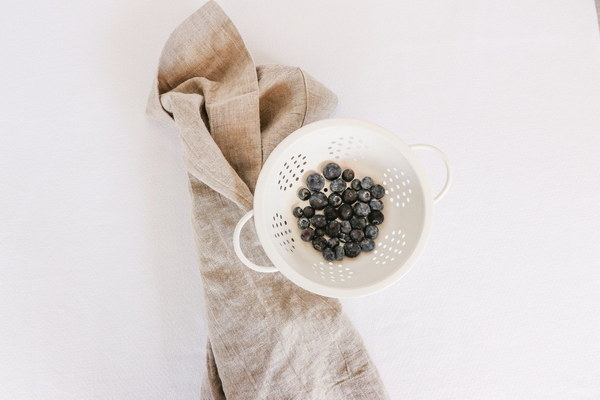Enhancing Lung Hydration The Benefits of Adding Medications to Nebulizer Treatments for Clearing the Lungs
In the quest for respiratory health, many turn to nebulizer treatments as a safe and effective way to deliver medication directly to the lungs. However, to maximize the benefits of this therapy, it's often recommended to add certain medications to the nebulizer solution. This article delves into the question of what medication to add to nebulizer treatments for lung clearing, focusing on the use of Mist Lung Clearing as a complementary therapy.
Understanding Nebulizer Treatments
Nebulizers are devices that convert liquid medication into a fine mist, making it easier for patients to inhale the medication directly into their lungs. This method is particularly beneficial for those with respiratory conditions such as asthma, chronic obstructive pulmonary disease (COPD), or bronchitis, as it allows the medication to bypass the throat and nose, targeting the lungs directly.
The Role of Medications in Nebulizer Treatments
While nebulizers are primarily used to deliver bronchodilators and corticosteroids, adding other medications to the nebulizer solution can enhance the treatment's effectiveness. The key is to choose medications that can complement the primary purpose of the nebulizer, which is to clear the lungs and improve breathing.
Mist Lung Clearing: A Complementary Therapy
Mist Lung Clearing refers to the practice of using a combination of saline solution and other natural or medicinal substances to clear mucus from the lungs. This therapy is often used in conjunction with nebulizer treatments to provide a more holistic approach to respiratory health.
What Medications to Add to Your Nebulizer Treatment?
1. Saline Solution: The most common additive to nebulizer treatments is saline solution. Saline helps to thin and loosen mucus, making it easier to cough up and expel from the lungs. It's a gentle and effective way to maintain lung hygiene.
2. Himalayan Salt: Adding a small amount of Himalayan salt to the saline solution can help to soothe the respiratory tract and reduce inflammation. This natural mineral is known for its antibacterial properties, which can aid in fighting off respiratory infections.
3. Eucalyptus Oil: Eucalyptus oil is a potent natural expectorant and decongestant. When inhaled, it can help to clear respiratory passages and reduce mucus production. However, it should be used sparingly and always diluted with a carrier oil like jojoba or coconut oil to avoid irritation.
4. Peppermint Oil: Similar to eucalyptus oil, peppermint oil can act as an expectorant and decongestant. It also has anti-inflammatory properties, which can help reduce lung inflammation and improve breathing.
5. Olive Leaf Extract: Olive leaf extract is known for its antiviral, antibacterial, and antifungal properties. It can help to strengthen the immune system and combat respiratory infections, making it a great addition to nebulizer treatments.
How to Prepare Your Nebulizer Solution
To prepare your nebulizer solution, follow these steps:
1. Gather your ingredients: Saline solution, Himalayan salt, eucalyptus oil, peppermint oil, olive leaf extract, and a carrier oil (if using essential oils).
2. Fill the nebulizer with the recommended amount of saline solution.
3. Add the Himalayan salt to the saline solution and stir until dissolved.
4. If using essential oils, add a few drops of eucalyptus or peppermint oil to a carrier oil, then add this mixture to the nebulizer.
5. Add olive leaf extract to the nebulizer according to the manufacturer's instructions.

6. Secure the lid and connect the nebulizer to the air compressor.
7. Inhale the mist for the recommended duration, typically 10-15 minutes.
Conclusion
Adding specific medications to your nebulizer treatment, such as saline solution, Himalayan salt, essential oils, and olive leaf extract, can enhance the effectiveness of your lung-clearing therapy. Always consult with a healthcare professional before starting any new treatment, and ensure that any essential oils used are safe for inhalation. By following these guidelines, you can take a proactive approach to maintaining respiratory health and enjoying improved breathing quality.









